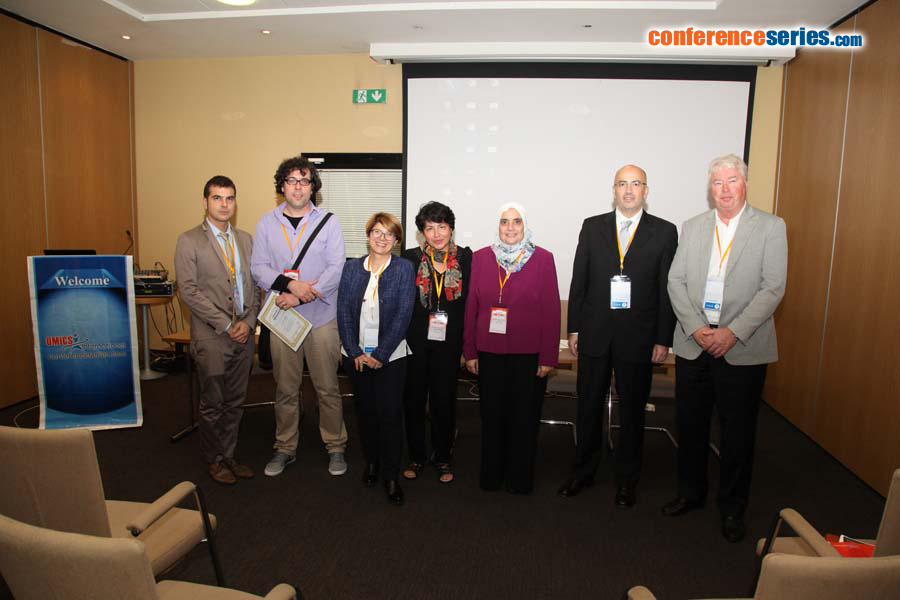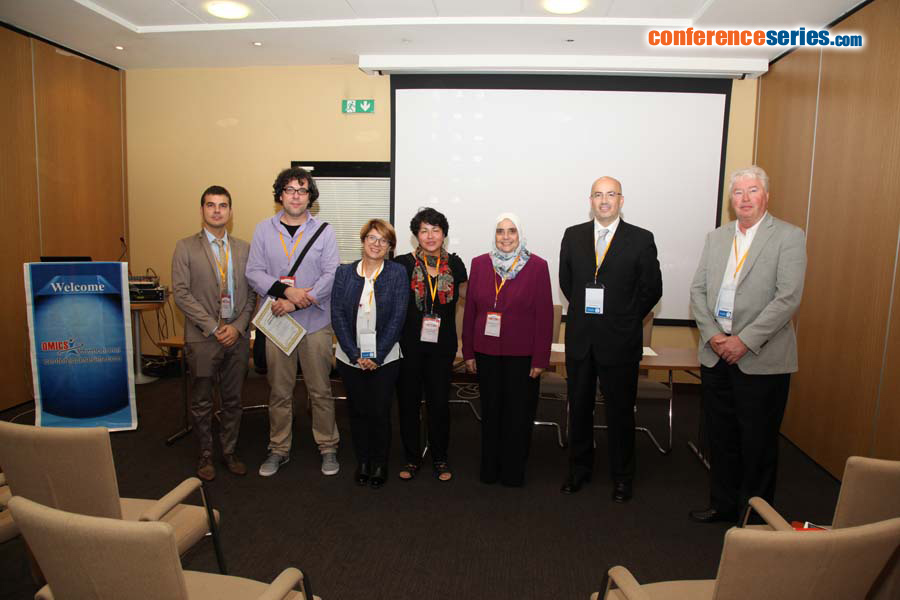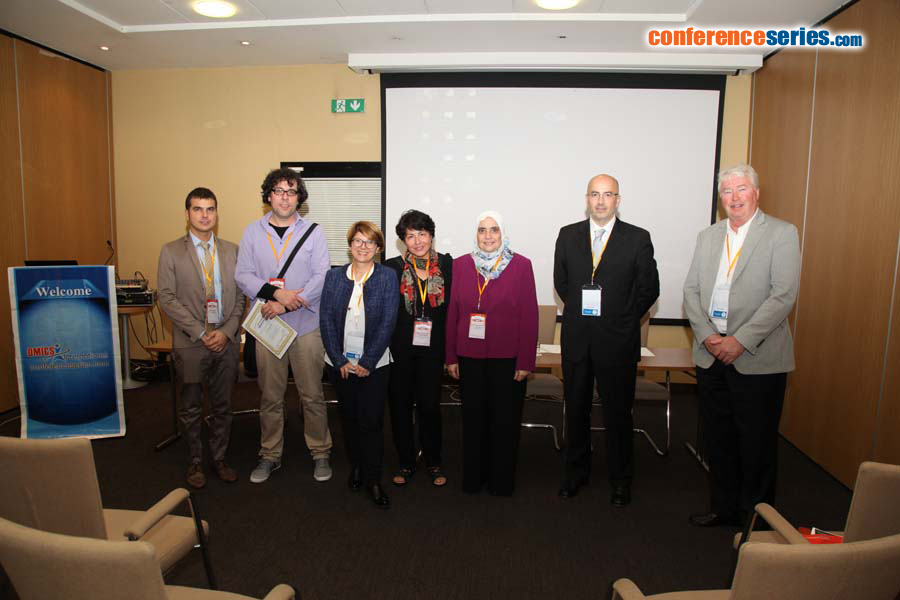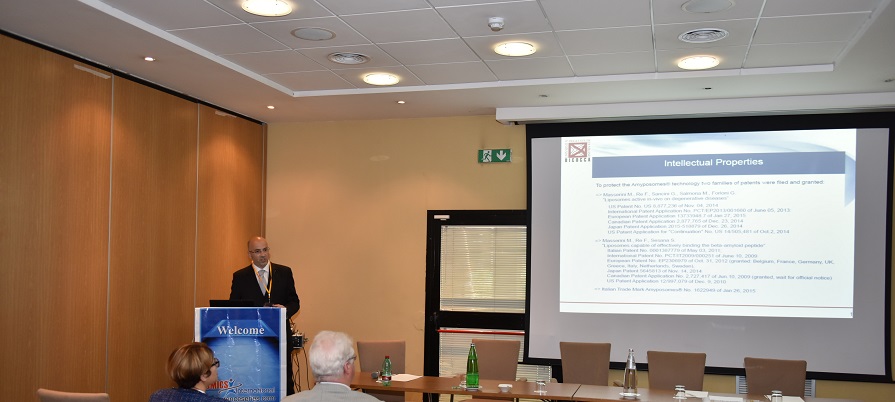Giulio Sancini
University of Milano, Italy
Title: From the lungs to the brain: The fantastic voyage of nanoparticles targeting beta-amyloid (Aβ)
Biography
Biography: Giulio Sancini
Abstract
The brain is always confronted with the dilemma of the protection from noxious substances from the blood and the delivery of vital metabolites. Endothelial cells, forming together with other cells the blood-brain barrier (BBB), are known as the “Gatekeepers” of this trafficking. On the one hand, the protection from toxic molecules is achieved by the obstruction of the paracellular pathway with tight junctions that fuse brain capillary endothelia into a continuous tubular cell layer. On the other hand, vital molecules are transported from the blood by means of active trans-cellular mechanisms. Recent applications in nanomedicine focuses on nanoparticles (NP) as they are promising tools for site-specific delivery of drugs and diagnostic agents, through the possibility to functionalize their surface with target-specific ligands. Treatment options for Alzheimer’s disease (AD) are limited because of the inability of drugs to cross the BBB. Previously, we showed that intraperitoneal administration of liposomes functionalized with phosphatidic acid and an ApoE-derived peptide (mApoE-PA-LIP) reduces brain beta-amyloid (Aβ) burden and ameliorates impaired memory in AD mice. Among the different administration routes, pulmonary delivery is a field of increasing interest not only for the local treatment of airway diseases but also for the systemic administration. We investigated lung administration as an alternative, non-invasive NP delivery route for reaching the brain. Our results show that mApoE-PA-LIP were able to cross the pulmonary epithelium in vitro and reach the brain following in vivo intratracheal instillations. Lung administration of mApoE-PA-LIP to AD mice significantly decreased total brain Aβ (–60%; p<0.05) compared to untreated mice. These results suggest that pulmonary administration could be exploited for brain delivery of NP designed for AD therapy.







